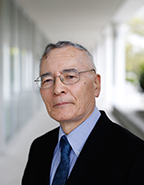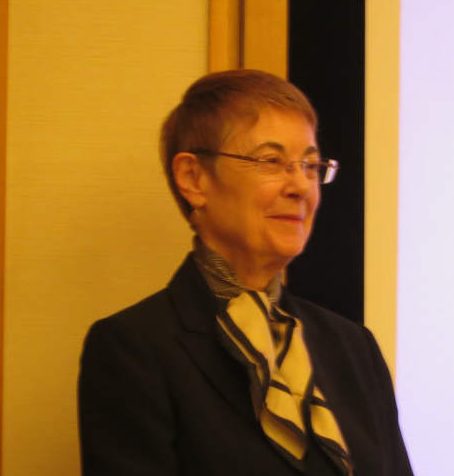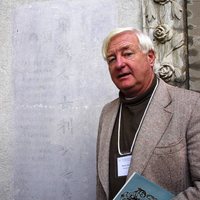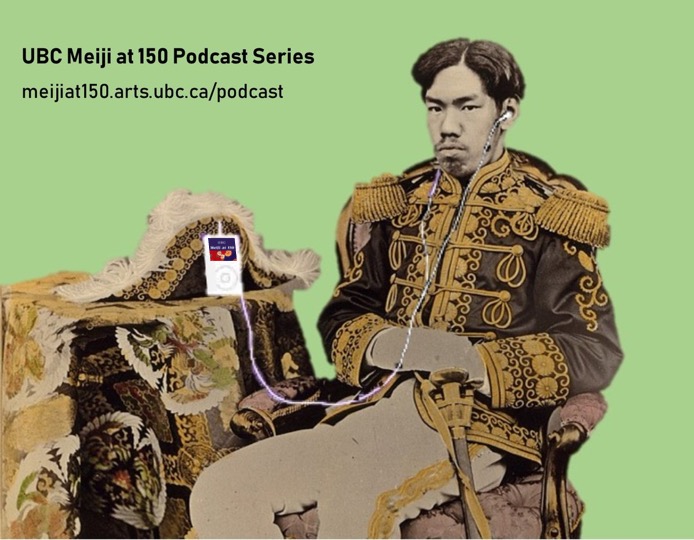
After a short break for the Asian Studies Association of Australia Biennial Conference in Sydney, the Meiji at 150 Podcast is back with new episodes!
Click here to visit the Meiji at 150 Podcast page.
In episode 45, Dr. Sarah Thal (University of Wisconsin-Madison) revisits the political history of the 1890s to reconstruct the foundations of Bushidō as a gendered code of Japanese popular ethics and morals. We discuss Bushidō in the context of the Meiji Civil Code, question Bushidō as a proxy national religion for ideological unification, and place Bushidō in the growing conservatism and nationalism of the mid-Meiji Period. Click here to listen.
In episode 44, Dr. Takashi Fujitani (University of Toronto) traces the origins of Japanese nationalism and imperialism to the Meiji Period and delineates the impacts of nationalism on historical memory in Japan and the United States. We discuss shifts in nationalism in prewar Japan, accusations of contemporary Japanese neo-nationalism, and the regional significance of the Meiji Restoration. Click here to listen.
In episode 43, Prof. Tessa Morris-Suzuki (Australian National University) de-centers the history of the Meiji Restoration by refocusing our attention on the territorial incorporation of Japan’s frontier areas: Ezo, Sakhalin, the Ryūkyūs, Tsushima, and the Bōnin Islands. We discuss Japanese proto-colonialism prior to 1868, continuities in colonialist expansion into Hokkaidō and Korea, and changing conceptions of Japan’s position in the world in response to western imperialism as seen in mid-19th century maps. Click here to listen.
In episode 42, Dr. Timothy David Amos (National University of Singapore) discusses the impacts of the Meiji Restoration on Japan’s Burakumin outcaste communities, detailing continuities in discrimination alongside the positive and negative effects of emancipation. We discuss the lineage of Buraku communities, their racialization and discrimination, commoners’ resistance to emancipation, and challenges facing Buraku communities today. Click here to listen.
In episode 41, Dr. Anne Walthall (University of California-Irvine) repopulates the history of the Meiji Restoration with the villagers, farmers, and laborers who carried out mass movements and popular protests in the years leading up to 1868. We discuss the agency of those commoners who were, and were not, directly involved in mass movements, bottom-up aspects of the Restoration, and Dr. Walthall’s recent textbook on politics and society in the Meiji Period. Click here to listen.
In episode 40, Dr. Robert Hellyer (Wake Forest University) tracks the export of Japanese green tea to North America as an example of how global trade and commodity flows contributed to Japanese industrialization in the Meiji Period. We discuss efforts to promote the tea trade at both the state and local-levels, the push and pull factors of tea as a commodity in the North American market, and the place of Japan in the world economy before talking about Wake Forest’s own conference commemorating the Meiji Restoration. Click here to listen.
In episode 39, Dr. Annette Skovsted Hansen (Aarhus University) transcribes the codification of Japanese National Language (Kokugo) in the Meiji Period, underlining the role of dictionaries and language teachers in Hokkaidō and Okinawa. We discuss the role of Meiji state intellectuals in language education, the origins of Japanese hyōjungo (common language) as well as Dr. Hansen’s more recent work on Japanese overseas development assistance. Click here to listen.
Stay tuned for new episodes
every Tuesday and Friday!

 Faculty of Art
Faculty of Art
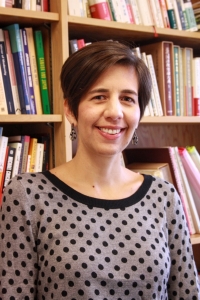 In this episode, Dr. Melek Ortabasi (Simon Fraser) retells the story of folklore focusing on the works of Yanagita Kunio, and gives a comparative look at children’s literature in the Meiji Period. We discuss folklore themes in Japanese popular culture today, Meiji children’s education, and a comparative approach to teaching the Meiji Period.
In this episode, Dr. Melek Ortabasi (Simon Fraser) retells the story of folklore focusing on the works of Yanagita Kunio, and gives a comparative look at children’s literature in the Meiji Period. We discuss folklore themes in Japanese popular culture today, Meiji children’s education, and a comparative approach to teaching the Meiji Period.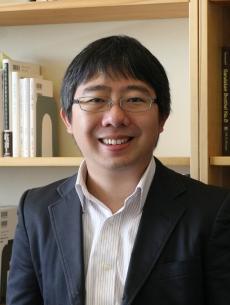
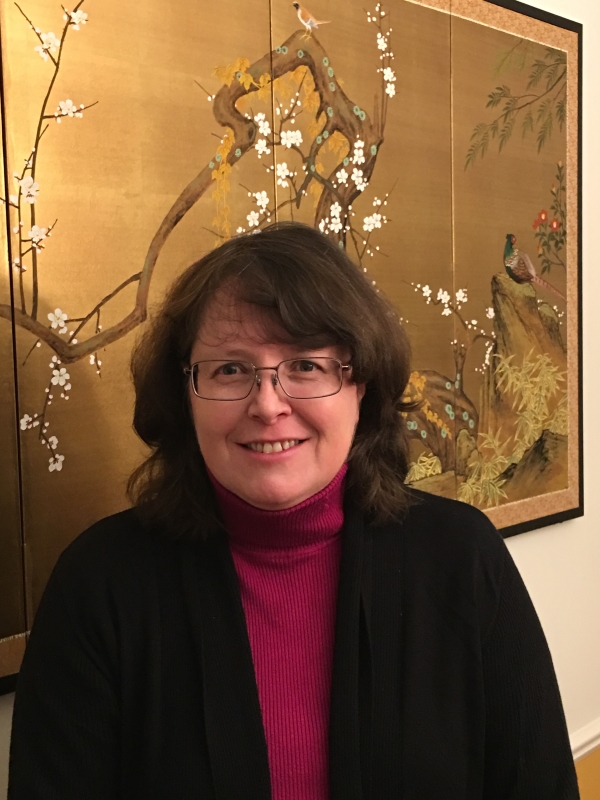 In this episode, Dr. Betsy Lublin (Wayne State University) outlines moral reform campaigns carried out by women in the WCTU during the Meiji Period as they sought to redefine civic morality and good citizenship. We discuss campaigns against prostitution, drinking, and smoking, the increasing prevalence of tobacco in Japan during the Meiji and Taishō Periods, and societal views of smoking.
In this episode, Dr. Betsy Lublin (Wayne State University) outlines moral reform campaigns carried out by women in the WCTU during the Meiji Period as they sought to redefine civic morality and good citizenship. We discuss campaigns against prostitution, drinking, and smoking, the increasing prevalence of tobacco in Japan during the Meiji and Taishō Periods, and societal views of smoking.  In this episode, Dr. Daniel Botsman (Yale) stresses the ruptures in Japanese society caused by the Meiji Restoration, especially as seen in the Meiji penal system, new conceptions of freedom during the Freedom and Popular Rights Movement, and the emancipation of Outcaste communities. We discuss the emancipatory proposals of Ōe Taku, peasant protests, notable connections between Yale and Meiji-period Japan, and the politics of commemorating the anniversary of the Meiji Restoration.
In this episode, Dr. Daniel Botsman (Yale) stresses the ruptures in Japanese society caused by the Meiji Restoration, especially as seen in the Meiji penal system, new conceptions of freedom during the Freedom and Popular Rights Movement, and the emancipation of Outcaste communities. We discuss the emancipatory proposals of Ōe Taku, peasant protests, notable connections between Yale and Meiji-period Japan, and the politics of commemorating the anniversary of the Meiji Restoration. 
